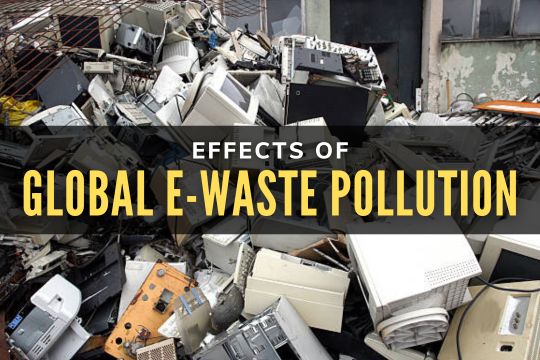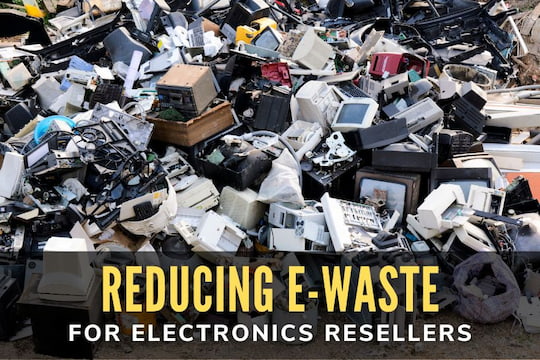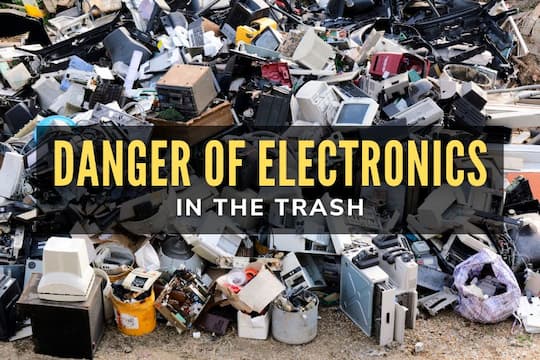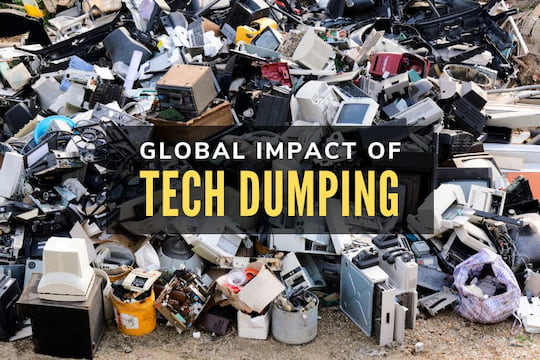When it comes to data security, there’s more to keep in mind than just having firewalls or changing passwords frequently. While this is an integral part of data security, it does not encapsulate all of what data security entails. One of the most overlooked parts of data security is what happens once an electronic, hard drive is no longer in use. One of the best ways to keep your company safe is by hiring a certified data destruction company. Read on to find out why.
Frequently, when we think of a security breach, we might think of hackers finding out information that is stored in the cloud for example. While this may sometimes be the case, it does not entail all security breaches. When old computers and storage devices are no longer used, they sometimes go to the landfill with only the files being deleted. However, when you only delete files, they are still stored in the hard drive, and people can quickly resurface this information once a storage device has been thrown out. Not only is it essential to keep your data from getting into the wrong hands, but a security breach is also extremely costly for your company.
During the past year, the average cost of data breaches increased in all US companies by 5% in security-related expenses. When there is a security breach, it can be extremely costly to fix; this includes the fact that companies must notify all impacted clients, which also costs money. A data security breach for companies can easily cost millions of dollars. One way that you can help curb the likelihood of an expensive breach is by physically destroying old data. Instead of simply deleting files and throwing away computers, send them to a certified destruction company where the old devices will be physically destroyed, leaving all information irrecoverable. This is one way you can help prevent costly security breaches for your company.





















